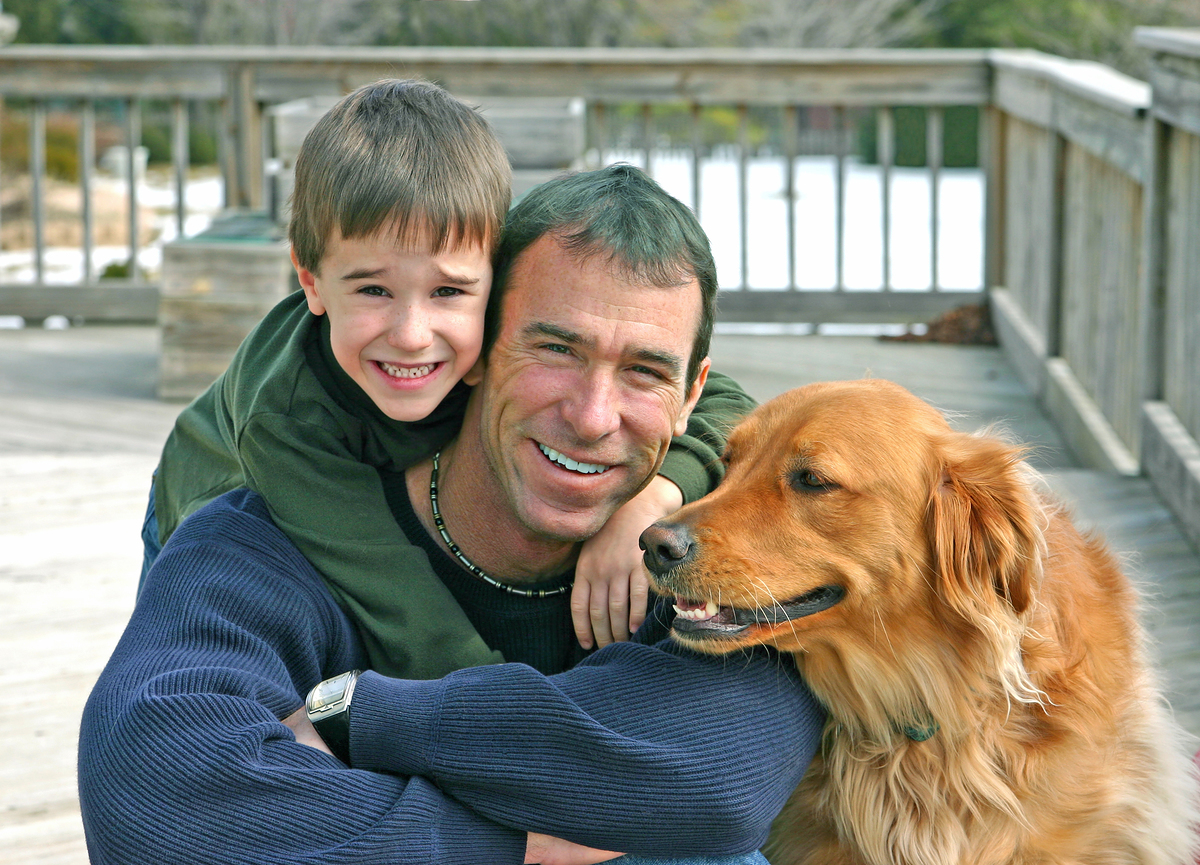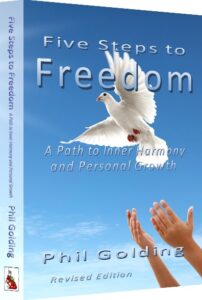UNDERSTANDING TRAUMA

Deep Trauma
At any stage in our lives, we can be confronted with a traumatic experience that is, at the time, beyond our ability to emotionally process and put behind us. We may not be able to move on until we have come to terms with the impact of the trauma, or the trauma may resurface years later.
Trauma can occur at any age. Some examples of traumatic experiences are:
- Sudden death of a loved one
- Sudden loss of significant relationship
- Faced with a terminal illness
- Caught in the destruction caused by a natural disaster
- Impact of a serious accident / disability
- Victim of violence / sexual assault
- Impact of war – as a member of the armed forces or a civilian
- An event that brought you to the brink of death (NDE)
- First-hand witness to a traumatic event
Child specific trauma may include:
- Loss of a parent or sibling
- Violence / sexual abuse
- Neglect
- Dramatic, sudden change of environment that impacts security and wellbeing
- Bullying
- Serious illness / painful medical procedures
The effects of trauma
Children are particularly vulnerable to trauma, and the effects of such experiences tend to continue on into adulthood until the experience is carefully processed.
Even in adulthood, experiencing trauma can disrupt our sense of security, our self-confidence, our meaning of life, our identity. Our family and friends may struggle to know how to help us. We may find it difficult to reach out and we may isolate ourselves.
Complex trauma
Complex trauma results from multiple sources of trauma such and long-term child abuse and neglect coupled with experiencing abusive relationships in adulthood. This can result is profound deficits in self-worth, self-care and appropriate discernment. Therapy required may be long-term, including community support.
Post Traumatic Stress Disorder (PTSD)
PTSD occurs when trauma from past events/experiences begins to impair our present daily life functioning. Sudden, painful recall of traumatic memories (flashbacks) can occur regularly, creating stress, anxiety and further trauma.
The effects of trauma may also include:
- Stress / Anxiety / Panic / on-edge
- Flashbacks, Insomnia and nightmares
- Physical stress symptoms – muscle tension, irregular heart function
- Depression – feeling sad, powerless, hopeless
- Suicidal thoughts, attempts
- Irritability and anger
- Careless, risky behaviour
- Being frequently confused, distracted and disorientated
- Shame, self-condemnation, guilt
- We may turn to alcohol or other substances to try to cope
Post Traumatic Stress
We may try to put the trauma behind us, but the memories and/or the effects of the experience may not leave us or return years later to plague our minds in the form of post traumatic stress.

Trauma can be Overcome
There is a common lack of awareness of our ability to heal and overcome trauma, including PTSD, to the point where it no longer restricts our lives. Initial treatments such as the various anti-depressant medications can be helpful, and even a life-saver, but the therapy should not end there. We can do more than just cope with the symptoms. There is a potential within our consciousness that can overcome any adversity. So don't give up on your quest to be fully healed. The answers that you are looking for ARE available.
With the right approach and skilled guidance from an experienced mentor or counsellor/therapist, any trauma can be healed and overcome. Even though it is hard to comprehend at first, the healing process can help you to grow stronger and more resilient. Increased self-confidence can grow from the wisdom gained through overcoming trauma.
As an experienced deep trauma therapist, I can offer you a healing process that is safe, nurturing, educative, and empowering. I am aware of the depths and complexities of trauma and the different ways it can affect different individuals.

Important Insights that help with Overcoming Trauma
- For those of us who are suffering guilt over past mistakes: We often cause ourselves suffering by looking at our past mistakes with hindsight and judge ourselves harshly because we think/feel that we “should have known better”. In reality though, in any moment in time, we can only make decisions and act in accordance with the awareness and experience that we had then. No amount of hindsight can change that. What we can do, however, is learn from our past mistakes and take advantage of those insights as best we can now. For our own wellbeing and ongoing healing and development, it is essential to accept that we are human and compassionately forgive ourselves for our own mistakes, no matter how grave they may be. Let your mistakes teach you, so that you can benefit from the wisdom they bring, and you might even be able to help others with this wisdom also. When we judge/condemn ourselves, our heart closes and our ability for insight is greatly restricted. This helps no one. We can’t escape being human, but we can evolve. Acceptance, compassion, forgiveness are qualities that facilitate personal growth.
- When we have suffered a significant trauma, is can be hard not to see ourselves as a “victim of life”. However, as strange as it may seem at first, set about orientating your perspective to seeing yourself as a “student of Life”. This may take some practice and seeking a mentor/counsellor/therapist would help. You see, us human beings, we have this capacity called Conscious-Awareness, which gives us an extremely powerful ability to learn, grow and adapt through adversity. We all have this capacity, but we often have to learn how to switch it on. Significant traumas tend to challenge us to look at life differently, and challenge our ability to care for our own mind. When we see ourselves as a victim of life, we tend to render ourselves powerless to grow through the experience. We can close ourselves off to new perspectives that help us access more of our potential, and believe me, your potential is far greater than what you may assume. It is possible to heal and move forward. The answers are there. We need to be open to recognise what they are. Furthermore, if we want to pursue justice for a crime committed against us, this approach to healing enables us to be more empowered, because we are not depending in justice before we can heal. We reclaim and own our power and therefore can stand up for ourselves and sustain ourselves better.
So don’t let the effects of trauma or any related symptoms interfere with your life.
There is a pathway back to peace and wellbeing.
The "Five Step Process" is a therapeutic process designed to facilitate healing, awareness and empowerment.
 Self-help manual for emotional healing, self-awareness, and empowerment
Self-help manual for emotional healing, self-awareness, and empowerment

